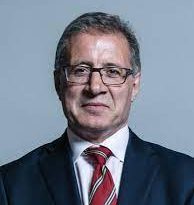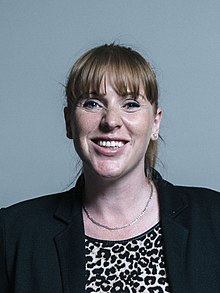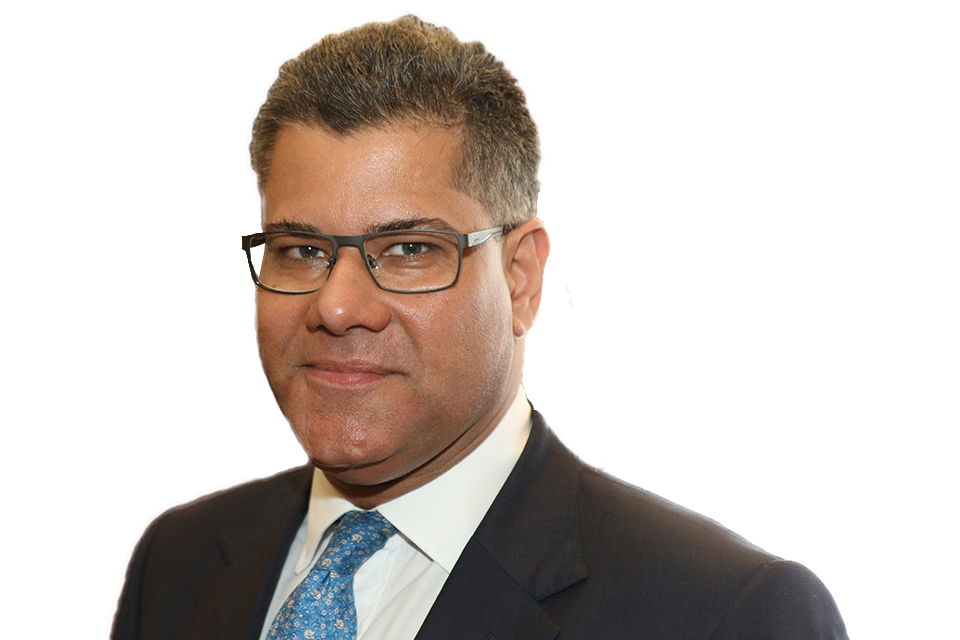Lee Waters – 2020 Statement on Sustainable Transport after Covid-19
Below is the text of the statement made by Lee Waters, the Deputy Minister for Economy and Transport in Wales, on 7 May 2020.
Today I am writing to all local authorities in Wales to invite them to put forward expressions of interest to introduce temporary measures to improve the safety and conditions for sustainable and active travel modes in their area.
We will make grant funding available to respond quickly to the transport opportunities and challenges that the Covid 19 crisis brings.
We are currently experiencing unprecedented changes that affect all aspects of our lives, and transport, across all modes, is particularly affected. With the restrictions imposed, we have seen large reductions in motorised traffic on all parts of the road network, much reduced patronage of buses and trains and higher rates of walking and cycling, both for essential journeys and for daily exercise. We have seen a vast increase in digital remote working which has shown that we do not all need to travel long distances for work, and we wish to see this maintained as we find a new normal. For the sake of the air we all breathe, the world’s climate and public health, we need to try and lock in this shift and avoid returning to pre-Covid travel patterns.
With our support, we want local authorities in Wales to follow the example set by towns and cities across the globe, and to take action to achieve this. These measures should not be limited to large urban areas, as the same principles apply for smaller towns in rural areas. We are seeking expressions of interest from local authorities across Wales to introduce measures to ensure the safety and reliability of sustainable transport modes during and following the Covid 19 crisis. We are looking for low cost – high impact imaginative measures that can be quickly developed and rapidly introduced as well as other measures that reduce the impact and reliance on car journeys.
There are two main reasons for this call to action:
Firstly, we want to protect public health and safety. The expectation is that social distancing will need to be observed for many months to come. The space available on footways and shared use paths is often wholly insufficient to allow safe passing distances. There is also additional pressure on the available space from queues outside shops and at bus stops. As a result, pedestrians and cyclists are frequently forced to step or ride into the carriageway to avoid close passing. Whilst this is largely possible with current traffic volumes, it is already problematic for many, for example those with reduced mobility or young children, and it will become extremely unsafe when traffic volumes increase.
Secondly, we want to address potential increases in car use. There is a high degree of uncertainty regarding the public’s willingness to use public transport modes once restrictions are eased. There is already evidence from China which showed much reduced public transport use and significant increases in car use. There is therefore a high risk that, if no action is taken, we will see even greater percentages of journeys being undertaken by car in Wales in the future. This would clearly go against the policy direction we want to achieve across Government and lead to negative impacts for people, society and the environment. We therefore need to use the current reduction in volumes proactively to create conditions that make non-car modes safer, healthy and convenient.
We therefore invite initial expressions of interest for funding for ‘pop-up’ measures that enable social distancing. These can include schemes such as footway widening, temporary cycle lanes, speed restrictions, and bus infrastructure improvements enabling social distancing.
Measures aimed at improving walking and cycling should prioritise routes that are part of existing or planned active travel route networks, in particular routes to schools. A package approach combining different measures is likely to be most effective. Most measures are expected to be introduced on a temporary or experimental basis. However, where they are effective, should be introduced on a permanent basis.
We are asking for initial expressions of interest by 21 May to allow us to gauge the overall funding requirement. We will then seek additional information as required before considering the proposals further. We envisage measures to be introduced from early summer.



